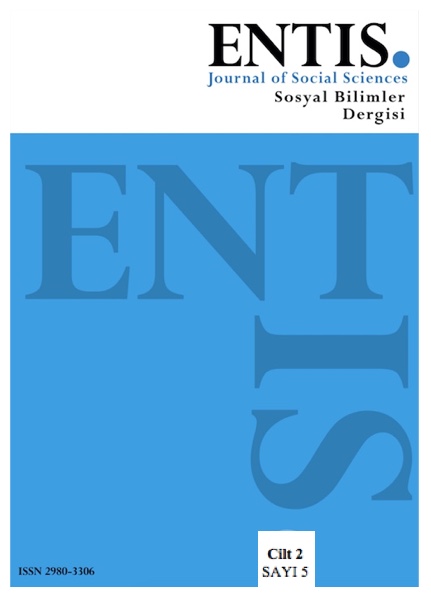The Effect of Digital Transformation in Traditional Mass Media on Voter Behaviors
Keywords:
Traditional Mass Communication, Digital Transformation, Social Media, Voter Behavior, Political CommunicationAbstract
The aim of this research is to examine the effect of digital transformation in traditional mass media on voter behavior. Traditional mass media are television, radio and newspapers. It is observed that the relationship between media tools and politics develops together with democratic regimes. In this context, politicians have started to communicate with voters and introduce themselves through the media. Politicians use the media in this context, as they aim to turn the voters' votes in the direction they want. Nowadays, media has turned into social media with digitalization. Social media differs in that it offers instant access and interaction. Applications such as Twitter, Instagram and YouTube stand out among social media applications. In the study where qualitative research method was adopted, data were collected through a semi-structured interview form. The sample of the research consists of 25 people who voted in the last elections. When the collected data was analyzed, it was determined that five basic dimensions stood out; Participant suggestions regarding voters' media monitoring practices and reasons for preference, voter-politician relationship dimension, social media and political preference dimension, and political leaders and social media accounts usage dimension



